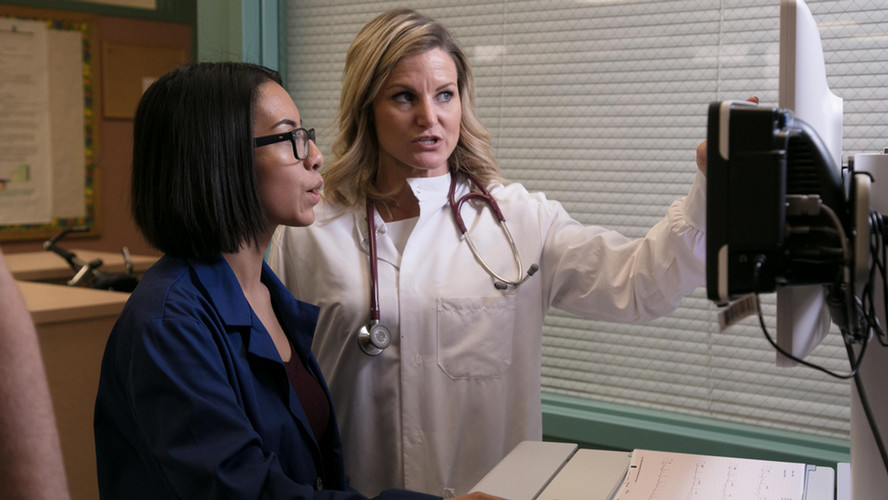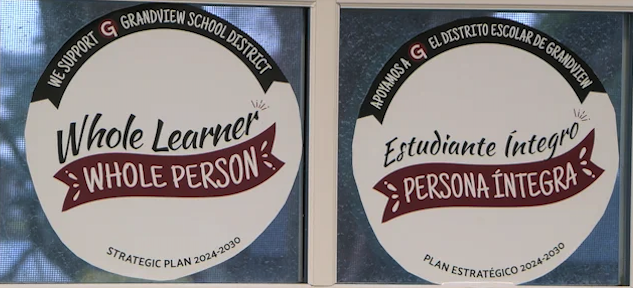
Health Careers
Pre-Veterinarian Resources
Considering a Career as a Veterinarian
After completing at least three years of undergraduate coursework (successful admits typically complete four years), you can expect another four years of graduate school at an accredited college of veterinary medicine. You will also need to pass the North American Veterinary Licensing Examination [NAVLE] and any relevant state board examinations before you can obtain a license to practice. Veterinarians are expected to also keep up to date with continuing education to maintain their license.
See also:- U.S. Bureau of Labor Statistics’ Occupational Outlook Handbook: Veterinarians
- Iloveveterinary.com: “Top 8 Skills Needed to be a Veterinarian”
Prerequisite Coursework
The following courses are commonly required by veterinary medical schools as prerequisites. Students should always check their prerequisite classes against their top choices of schools, as schools do vary by requirement.
- MATH 153** (Pre-Calculus)
- PHYS 111*, 112, 113 with labs or Phys 121*, 122, 123 with labs (Introductory Physics)
- BIOL 181, 182, 183 with labs (General Biology)
- BIOL 321 (Genetics)
- BIOL 213 (Introductory Biostatistics)
- CHEM 181**, 182, 183* with labs (General Chemistry)
- CHEM 361, 362, with lab (Organic Chemistry)
- CHEM 431 & 432, lab not required for most schools (Biochemistry)
In addition, coursework in the following is strongly recommended:
- BIOL 323 (Microbiology)
- BIOL 352 (Parasitology)
- BIOL 353 (Integrative Anatomy)
- BIOL 354 (Developmental Biology)
- BIOL 422 (Immunology)
- BIOL 430 (Cellular Biology)
- BIOL 453 (Mammalogy)
- BIOL 455 (Integrative Animal Physiology)
- COM 302** (Multicultural Communications)
- NUTR 101** (Nutrition)
- PSY 101** (Psychology)
*MATH 153 is a prerequisite
**General Education Course
Also, students should take a broad range of humanities and social sciences electives, in areas such as history, sociology, psychology, humanities, philosophy, or Llterature.
CWU Pre-Veterinary Medicine Advisor and Faculty Contact
You should seek advising early. While advisors can guide you on strong coursework preparation that will generally support your admission, you will need to familiarize yourself with the specific requirements of all the individual schools.
Advisor:
Lyss Endrich
Faculty Contact:
Dr. Jason Irwin
Department of Biological Sciences
How to Become a Doctor of Veterinary Medicine
The Association of American Veterinary Medical Colleges [AAVMC] maintains the VMCAS: Veterinary Medical College Application Service, which is the centralized application for many of the colleges of veterinary medicine. VMCAS does not make admission decisions. It processes all complete applications.
The AAVMC’s Veterinary Medical School Admission Requirements [VMSAR] website provides a directory of accredited schools and their prerequisite requirements, tuition, GPA requirements, accepted testing (the GRE or possibly the MCAT in lieu of the GRE) and a cost comparison tool for accredited member institutions in the US, Canada, and internationally.
See also:- “Becoming a Veterinarian: What to Know Before You Apply” [AAVMC]
- “Veterinary School Admission 101” [AVMA]
Pre-Veterinary Experience for Applications
It is important to have a solid understanding of veterinary medicine prior to applying to a veterinary medicine program. Check the requirements of the schools you are interested in applying to find out how many hours are preferred.
Animal and Clinical Experience
Vet schools prefer applicants with a variety of experience with many kinds of animals. Consider 4-H, FFA, Pre-Vet Club, student government, animal shelter employment, livestock experience... Also consider other community service and/or leadership roles that gives schools insight into what you care about most.
Volunteering
Make an appointment to introduce yourself to the doctor or clinic manager. Bring a resume to your first meeting and ask for opportunities for applicable experience. Your volunteering hours must go beyond observation effort. When volunteering, do your best work and earn a good working relationship with the personnel there. By the end of your time there, clinic supervisors or doctors should know you well enough to be able to assess your interest in animal well-being, work habits and personal integrity. This will help when it comes time to ask for letters of recommendation.
Appropriate settings include but are not limited to veterinary practices, animal medical environments, commercial animal production operations, regulatory animal control and humane shelters, animal entertainment (zoos, etc.), or animal research institutions.
Local Ellensburg Clinics
- Critter Care Animal Clinic
- (509)925-5911
- Ellensburg Animal Hospital
- (509)925-2833
- (509)925-2833
- Mt. Stuart Animal Clinic
- (509)925-2332
- (509)925-2332
- Valley Veterinary Clinic
- (509) 925-6146
- (509) 925-6146
- Ellensburg Adoption Center
- (509) 925-7387
- (509) 925-7387
- Best Friends Mobile Veterinary Care
- (509) 306-6628
Frequently Asked Questions
-
Do I need Letters of Recommendation for my application?
Yes, you should plan on registering at least three letters in the Electronic Letters of Recommendation [eLOR] section of VMCAS application, to allow the maximum time for evaluators to complete letters of recommendation for you. It is recommended that at least one letter of recommendation be from a veterinarian. It is important for applicants to check with their top choice schools for specific recommendation requirements as this may vary from to school to school. Be sure to verify that your evaluators have received the e-mail request and have submitted your evaluation(s).
-
Will I Need to Interview for Admittance to Vet School?
Most veterinary medical schools do require an interview. You can practice your interview skills with help from CWU Career Services.
See also:
Becoming a Veterinarian: What to Know Before You Apply [American Association of Veterinary Medical Colleges]
Other Resources
Washington State University: College of Veterinary Medicine
American Veterinary Medical Association
Student Doctor Network Veterinary Forum
The Graduate Record Examination [GRE] and CWU Testing Services
American Association of Veterinary State Boards
CWU News

$4 million federal grant aimed at helping with school psychologist shortage
February 25, 2026 by Marketing and Communications

CWU Disability Services aims to provide equitable access to education
February 23, 2026 by Rune Torgersen